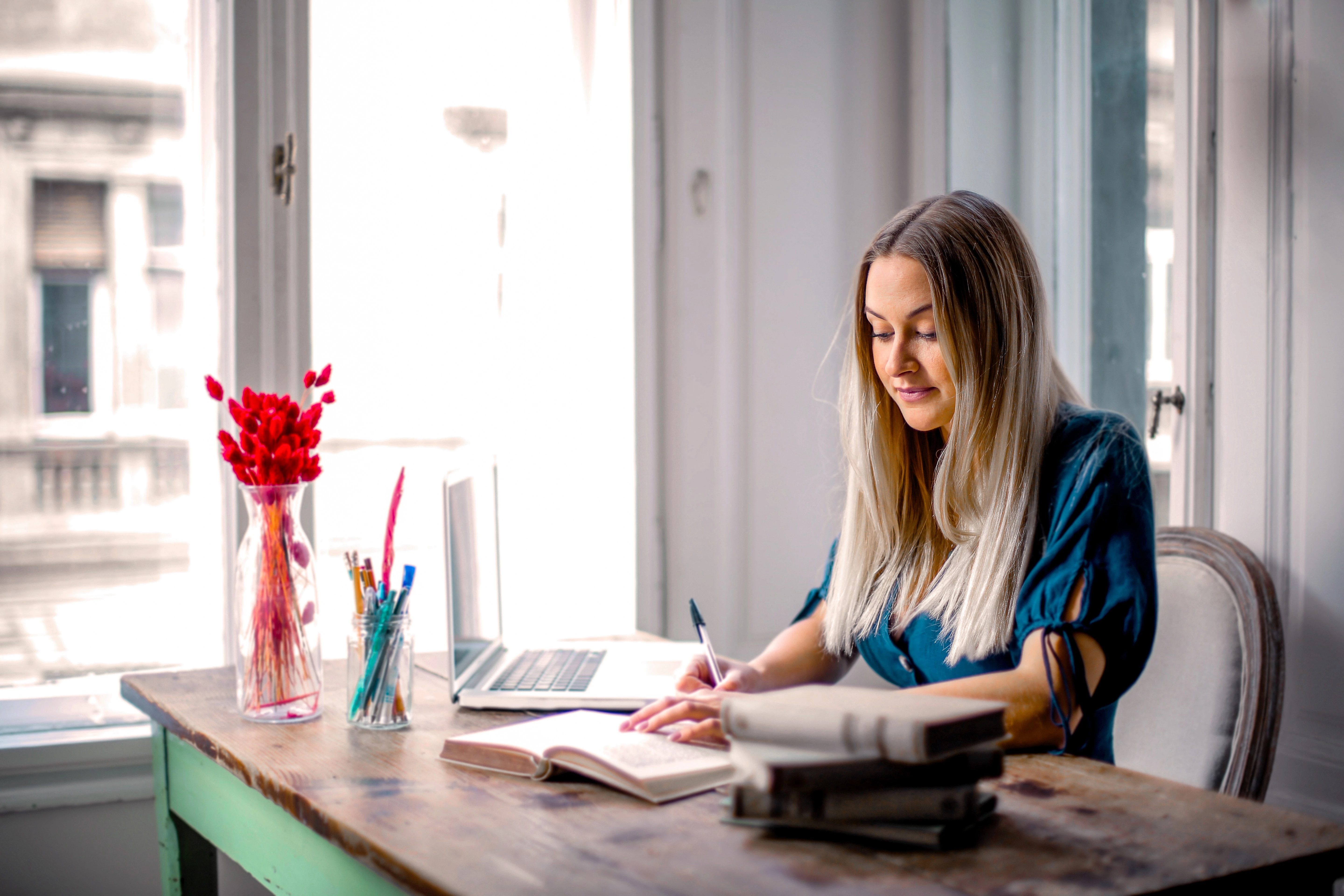
Disabled people turn to entrepreneurship to avoid traditional workplace “barriers”
The traditional workplace can present a number of barriers for people with disabilities, particularly in regard to travel requirements, rigid schedules, and lack of accommodations or understanding of individual needs.
Data from the Office for National Statistics reveals that about half of disabled working aged people in the UK are in employment compared with about 80 percent of those without a disability. Conversely, when it comes to self-employment a higher proportion of disabled people are represented (13.8 per cent) than non-disabled people (12.5 per cent).
London based entrepreneurship charity Hatch Enterprise is supporting people with disabilities to “discover their entrepreneurial potential” and launch their own businesses. One disabled founder to benefit from the support of the charity is Martha Bennett.
Martha completed an Accelerator programme with Hatch to develop her business Ludo Tutors, a service providing bespoke tuition for children and their families around the world. She is neurodiverse and also has endometriosis, a ‘hidden’ disability which causes a lot of pain and chronic fatigue, among other symptoms.
She explained: “Entrepreneurship lends itself really well to people with disabilities because it just offers you that degree of flexibility. It means that you can pick your working environment, and it also means that you can have some flexibility when it comes to scheduling as well.
“With my chronic fatigue for example, I just can’t work a nine to five, but I can get that work done super quickly in three or four hours when I’m up to it during the day.

“I once face planted off a train at London Bridge Station on my way to a client because I fainted from the pain. Endometriosis can be really, really extreme, but even if it’s not, those kind of symptoms can grind you down day to day.
“Being an entrepreneur helps with that, it also means that if you need to take time off for appointments or medication, or if you’re having a particularly bad flare up of something like endometriosis, it means that you can give that time to yourself.”
Martha believes that living with a disability has meant that she has had to develop an “abundance of resilience, persistence, and empathy”, all “vital” skills for an entrepreneur. Hatch’s mission is to level the playing field of entrepreneurship and ensure that access to support is available to traditionally underrepresented groups, including disabled people.
Thanks to a partnership with disabled lifestyle brand Parallel, Hatch has been able to offer bursaries to disabled founders accessing its programmes, ensuring that they can access the opportunities needed to invest in themselves and their business ideas.
In the last year 16 per cent of the participants on Hatch’s programmes said that they were living with a disability, and the charity hopes that through hearing stories like Martha’s, more disabled people will be inspired to launch their own businesses.
By Matthew Neville – Correspondent, Bdaily
- Add me on LinkedIn and Twitter to keep up to date
- And follow Bdaily on Facebook, Twitter and LinkedIn
- Submit press releases to editor@bdaily.co.uk for consideration.
Looking to promote your product/service to SME businesses in your region? Find out how Bdaily can help →
Enjoy the read? Get Bdaily delivered.
Sign up to receive our popular morning London email for free.






 A legacy in stone and spirit
A legacy in stone and spirit
 Shaping the future: Your guide to planning reforms
Shaping the future: Your guide to planning reforms
 The future direction of expert witness services
The future direction of expert witness services
 Getting people into gear for a workplace return
Getting people into gear for a workplace return
 What to expect in the Spring Statement
What to expect in the Spring Statement
 Sunderland leading way in UK office supply market
Sunderland leading way in UK office supply market
 Key construction developments in 2025
Key construction developments in 2025
 Mediation must be part of planning process
Mediation must be part of planning process
 From apprentice to chief financial officer
From apprentice to chief financial officer
 Don't stifle growth with apprenticeship cuts
Don't stifle growth with apprenticeship cuts
 The start-up landscape: What lies ahead in 2025
The start-up landscape: What lies ahead in 2025
 JATCO adds welcome drive to automotive sector
JATCO adds welcome drive to automotive sector